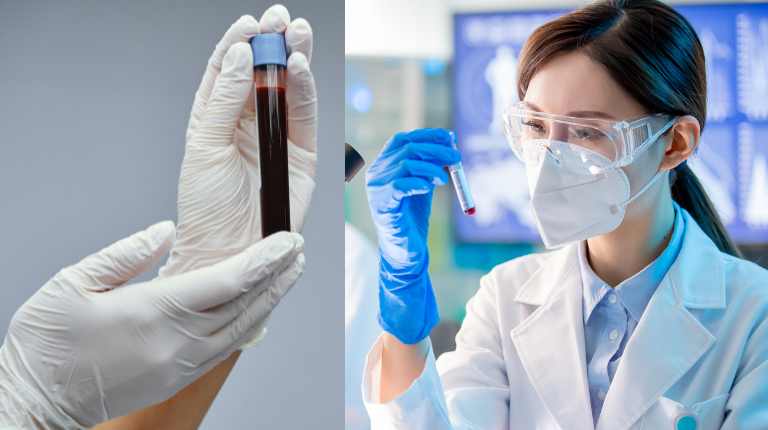In a significant advancement for colorectal cancer screening, the Food and Drug Administration (FDA) has formally approved Guardant Health’s blood test named Shield. This innovative test is designed to detect colon cancer and has the potential to increase screening rates, particularly among adults younger than the traditional screening age for colonoscopies.
Increased Accessibility and Coverage
Prior to its FDA approval, the Shield test was available to physicians but came with a hefty out-of-pocket price tag of $895, limiting access for many patients. With the FDA’s endorsement, there is now a greater likelihood that Medicare and private insurance plans will cover the cost, making this vital screening tool more accessible to a broader population.
More Information: Why Travel Is Necessary: Exploring The Essential Benefits Of Traveling
Dr. Arvind Dasari, an associate professor at the University of Texas MD Anderson Cancer Center, viewed the approval as a “welcome development.” However, he also expressed caution, emphasizing the need for ongoing evaluation of the impact this test will have on screening rates and mortality from colorectal cancer.
Efficacy and Limitations
The American Cancer Society has highlighted the urgent need for better screening tools, as colorectal cancer is currently the second-leading cause of cancer death in the United States, with an estimated 53,000 fatalities expected this year alone. Research indicates that the Shield test is approximately 83% effective in detecting colorectal cancer, working by identifying DNA released by cancerous tumors into the bloodstream. However, it is most effective for later-stage cancers, detecting only 13% of earlier-stage polyps. Patients are advised to undergo this blood test every three years starting at age 45, aligning with the current recommendations for colorectal screening.
More Information: 4 Habits That Are Ruining Your Brain Health
Read More
It is essential to note that a positive result from the Shield test does not confirm a diagnosis of cancer. Patients with positive results will need to follow up with a colonoscopy for further evaluation, as Robert Smith of the American Cancer Society pointed out. He emphasized that the test is not conclusive and must be paired with a colonoscopy for accurate diagnosis.
The Need for Increased Screening
Colorectal cancer cases have been rising among individuals under 55, with annual increases of 1% to 2%. While rates among older adults are declining due to increased screening, compliance remains low overall, with fewer than 60% of eligible adults having completed their recommended screenings.
More Information: Ministry of Health & Wellness Reports on Rising COVID-19 Cases: A Detailed Analysis
Dr. William Grady, a gastroenterologist, lamented the preventable nature of the disease through timely screening and expressed hope that the introduction of the Shield test would encourage more individuals to pursue cancer screening. Common barriers to colonoscopy include the complexity and discomfort of the procedure, as well as time constraints faced by working adults.
Personal Impact for Colon Cancer Blood Test
The story of John Gormly, a 77-year-old man from Newport Beach, California, underscores the importance of the Shield test. After years of avoiding colonoscopy screenings, he opted for the blood test and was subsequently diagnosed with stage 2 colon cancer. Thanks to the timely intervention facilitated by the test, Gormly was able to undergo surgery to remove the tumor.
In conclusion, the FDA’s approval of the Shield blood test marks a promising development in the fight against colorectal cancer. By potentially increasing screening rates and offering a less invasive alternative to colonoscopy, this test could play a vital role in saving lives and improving early detection of one of the most preventable cancers.




2 thoughts on “FDA Approves Blood Test to Screen for Colon Cancer”